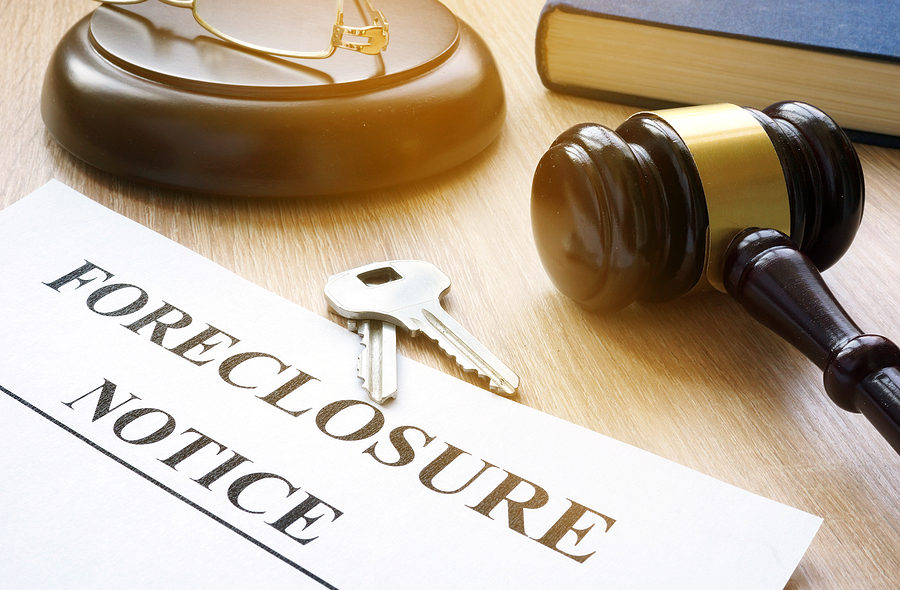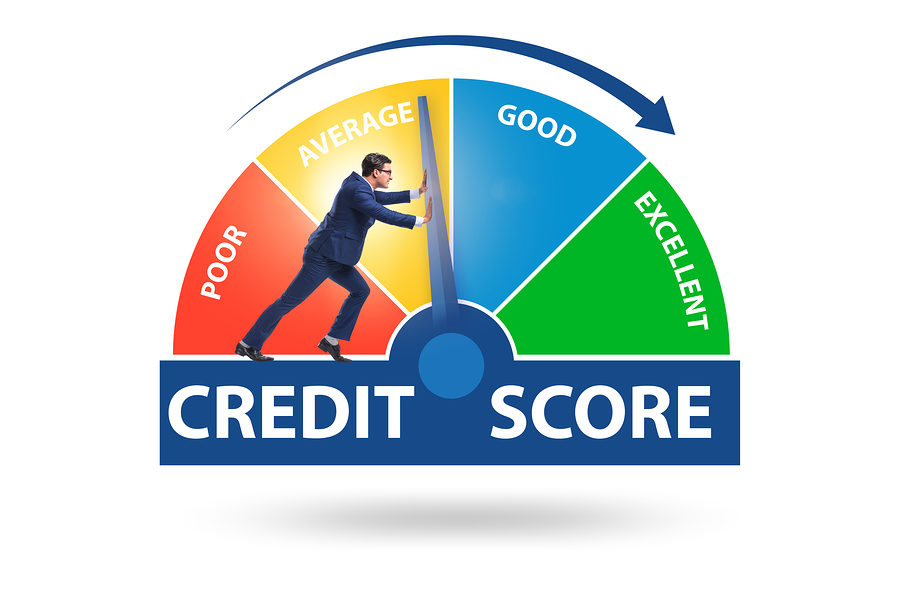Missing a credit card or loan payment can be an upsetting feeling. The lender may charge you a late fee, but worse your credit score can be negatively affected. The good news is, your payment must be a full 30 days late before a lender can report it to the credit bureaus. This means that if your payment is made a few days later or even a couple of weeks past the due date, it will not harm your credit score.
Once the payment is past the 30-days late point, however, the account holder should expect his or her credit score to take a hit.
According to the FICO branding score model, credit bureaus do consider payment history important. In fact, payment history accounts for 35 percent of a person’s credit score. It is important to understand that not every person is affected in the same manner when it comes to how late payments hurt a credit score. Many different factors are at play when it comes to credit scoring.
For example, not all lenders use the same credit scoring model when reviewing a borrower’s qualifications. Hundreds of different credit scores are available for lenders to use. Many use the FICO score, as well as VantageScore, a credit score that was created by the big three credit-reporting agencies, TransUnion, Equifax and Experian. Ultimately, it is up to the lender to decide which type of credit scoring model to use when reviewing a borrower’s qualifications.
How badly a missed payment can affect a person’s credit depends largely on which credit score model a lender is using. Older FICO models, which are still used by the mortgage industry, consider an isolated 30-day missed payment a bigger deal when it comes to a person’s score, while the newer FICO 8 scoring models give borrowers a little more leeway. With these newer models, one missed payment will not have as serious of an effect as multiple late payments.
The problem is most lenders do not tell the borrower what type of model or version they use when processing a lending application, which means the borrower may have no way of knowing whether a one-time late payment will hurt him or her in the loan process.
Other factors play into how a late payment can hurt a borrower’s credit score. One of these factors involves how severe the late payment is, including how far it is “past due” and how recently the missed payment or late payment occurred. If the late payment occurred several years ago, its effect may be much less severe than a late payment that occurred more recently.
How long negative information stays on a borrower’s credit report is governed by the Fair Credit Reporting Act (FCRA). For most purposes, late payments will stay on a person’s credit report for up to seven years, although exceptions do exist to that rule.
If you have questions on this topic or are in financial crisis and considering filing for bankruptcy, contact an experienced Miami bankruptcy attorney who can advise you of all of your options. As an experienced CPA as well as a proven bankruptcy lawyer, Timothy Kingcade knows how to help clients take full advantage of the bankruptcy laws to protect their assets and get successful results. Since 1996 Kingcade Garcia McMaken has been helping people from all walks of life build a better tomorrow. Our attorneys’ help thousands of people every year take advantage of their rights under bankruptcy protection to restart, rebuild and recover. The day you hire our firm, we will contact your creditors to stop the harassment. You can also find useful consumer information on the Kingcade Garcia McMaken website at www.miamibankruptcy.com.
Related Resources: https://www.bankrate.com/personal-finance/credit/how-late-payments-affect-credit-score/


